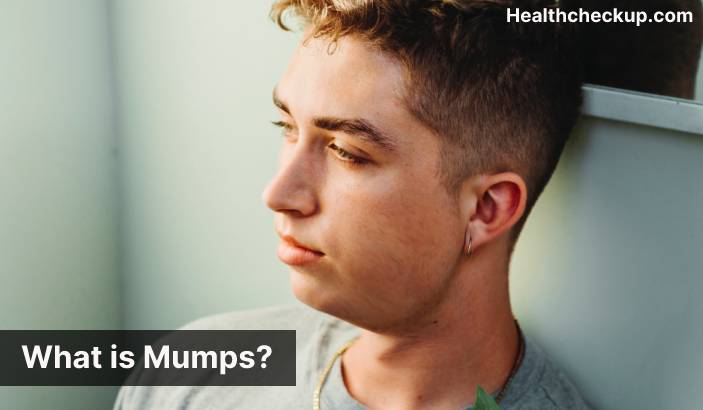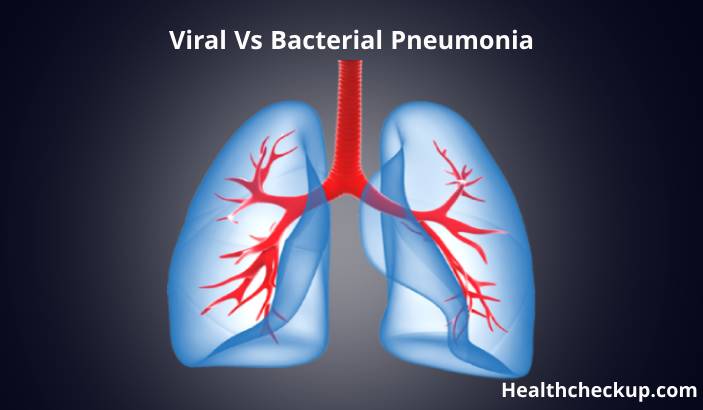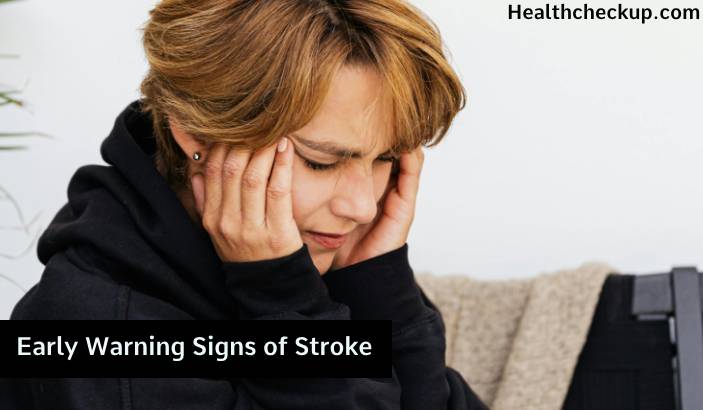Mumps is a viral infection that is caused by the mumps virus. It is characterized by inflammation of the salivary glands, which are located near the ears. Mumps is spread through contact with saliva or respiratory secretions from an infected person, and it can also be transmitted through the air.
Symptoms of mumps include:
- Fever
- Headache
- Muscle aches
- Loss of appetite
- Swelling of the salivary glands
- Pain when swallowing
- Dry mouth
The most characteristic symptom of mumps is swelling of the salivary glands, which can cause the face to appear puffy and swollen. Mumps can also cause inflammation of other organs, such as the pancreas, testicles, and ovaries, although this is less common.
Mumps is most common in children and young adults who have not been vaccinated against the disease. Mumps is generally more severe in adults than in children, and it can lead to serious complications, such as inflammation of the brain (encephalitis) or inflammation of the testicles (orchitis) in men.
Diagnosis of mumps is typically based on the presence of characteristic symptoms, such as swollen salivary glands, and a person’s history of exposure to mumps. Laboratory tests, such as a PCR (polymerase chain reaction) test or virus culture, can be used to confirm the diagnosis.
There is no specific treatment for mumps, and treatment is typically based on the severity of the illness. It includes medications to reduce fever and inflammation, as well as supportive care, such as fluids to prevent dehydration.
Mumps can be prevented through vaccination with the MMR (measles, mumps, and rubella) vaccine. The MMR vaccine is typically given to children as part of the routine childhood vaccination schedule. It is also recommended for adults who have not been vaccinated or who are at increased risk of exposure to mumps, such as healthcare workers and college students.
Good hygiene practices, such as washing your hands frequently and avoiding close contact with infected individuals, can also help prevent the spread of mumps. It is important to follow the recommendations of public health officials and to take steps to protect yourself and others from mumps.









